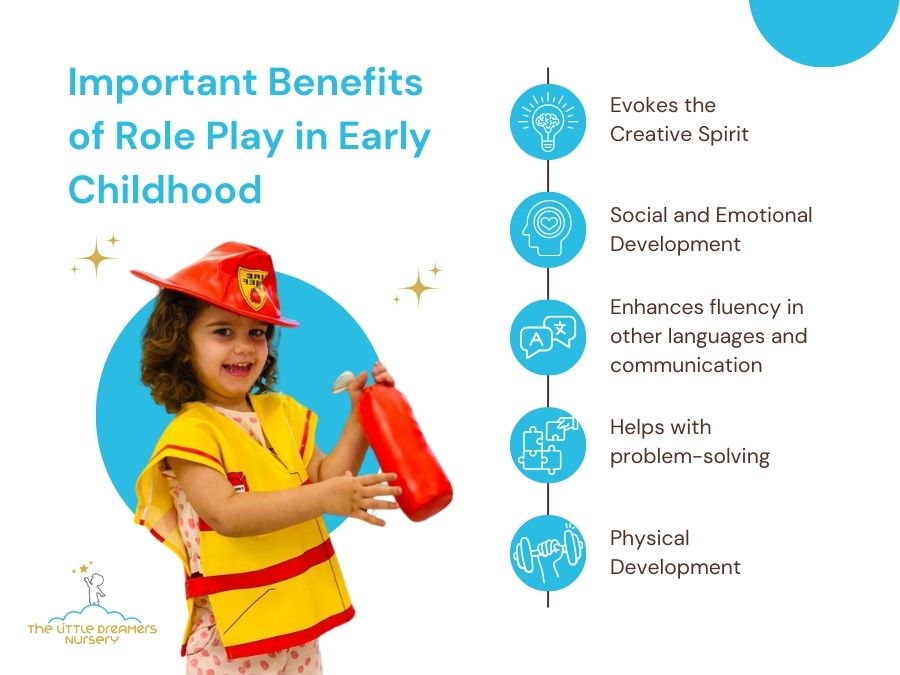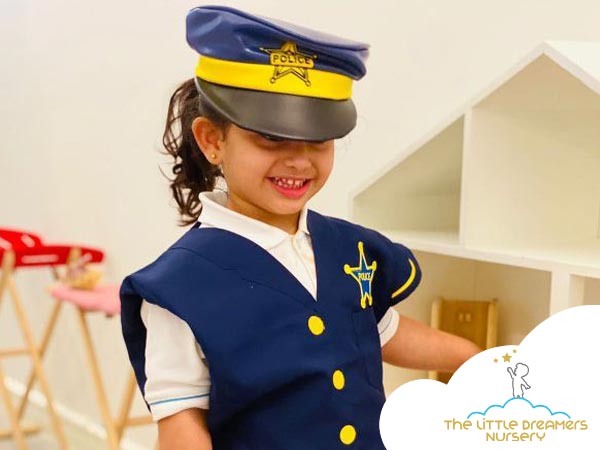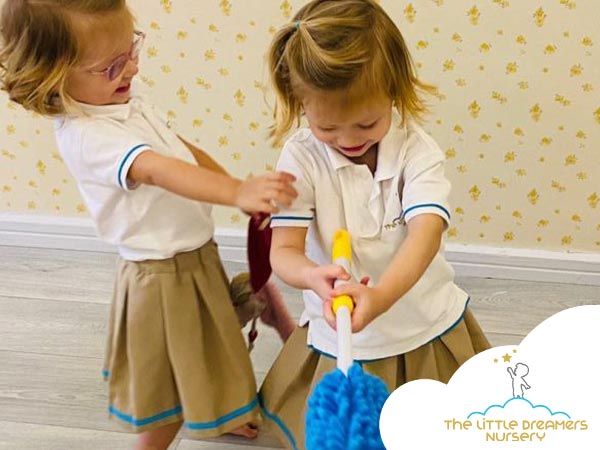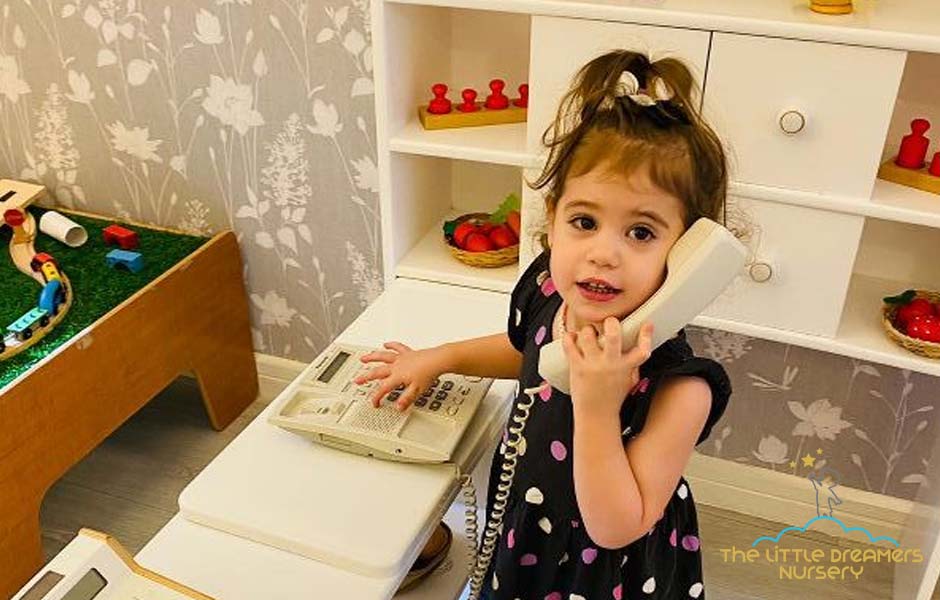Importance of role play in early years
Children gain a lot from the benefits of role play; role play fosters children’s self-esteem, creativity, communication skills, physical development, and ability to solve problems. It’s a good way for children to get into character, act out real-life or imaginary performances, and have a lot of fun. It’s all up to the children, and it’s a great way to get them excited about taking risks and being creative in their roles. It’s a fun method for children to learn about many professions and everyday circumstances by using themed props and equipment. Let’s take a look at the many benefits of role play in early childhood and what role play is and its importance.
According to researchgate.net:
“role play also helps children to learn the positive and negative impact of actions that they take. This means that when children act out real life scenarios they can choose how to respond and experience, in a playful environment, how different people would react. This is important for their development because it builds their social and problem solving skills.”
How does role play help a child’s development?

- Occupational: When children pretend to be police officers, doctors, nurses, teachers, or construction workers, they foster empathy amongst their peers. Imagining yourself in a high-profile position in society is a fun and helpful pastime for young people. As part of the benefits of role play activities, Early-years children naturally develop their communication and problem-solving abilities through occupational role-playing.
- Fantasy: Role-playing involves a lot of fantasy. Comic books and superhero characters that depict the good, the terrible, and even the ugliest are enthralling to children. Children learn the difference between right and wrong in the early years by playing out these character roles. While playing a role they love might inspire confidence and courage, it can also create new ideas and concepts. Youngsters need to participate in imaginative play with a group because it teaches them the importance of teamwork. In the early years of life, role-playing teaches children how to negotiate character roles, such as who is good or who is evil in a situation. Negotiation is frequently the only way they can get their first option, but they can find a workable solution by working together as a group.
Register now>>> our nursery winter camp in Dubai 2024
- Real-world Situations: As part of the benefits of role play for preschoolers, students in the early years learn about their immediate surroundings as they act out real-life scenarios like construction play. A child’s natural curiosity is stoked by the freedom to experiment, explore, and learn in a real-world setting. Children’s physical and verbal communication skills are honed through role-playing.
What do children learn in nursery

Benefits of role play
1-Evokes the Creative Spirit
According to recent studies, children’s creative thinking and cognitive flexibility are strongly enhanced as part of the benefits of role play. Imagination is a skill that must be developed as early as possible for children to imagine good books and grasp other points of view later in life. Imagination and creativity are the cornerstones when it comes to genius inventions, innovative cures, and cutting-edge technology. Our nursery activities in Dubai can build and improve the children’s imagination and creativity.
2-Social and Emotional Development
Social and emotional development is part of the benefits of role play. It’s not uncommon for children to imagine themselves in a situation where they may readily interact with other people, such as in a playground. Playing a character or person of their choice is the goal of this activity for children. They learn how to empathise with others by putting themselves in the shoes of this character. Role-playing helps children learn to manage their emotions and resolve problems more easily.
Don’t miss this article: The Importance of Inclusion in Early Childhood Education

3-Enhances fluency in other languages and communication
Role-playing has a huge impact on communication! In a group setting, youngsters acquire new words and expressions from regularly engaged individuals.
A child’s vocabulary expands as they experiment with different ways of expressing themselves to their peers. Their ability to listen and understand others improves as they practice new vocabulary.
4-Helps with problem-solving | benefits of role play in early years
As a result of the role play benefits for toddlers, role-playing automatically generates situations that children haven’t previously been confronted with. As a result, they need to develop a novel solution. While role-playing in a group, they begin to acquire problem-solving skills.
5-Physical Development
In addition to the other benefits of role play in early years, role-playing can help children’s physical development in the early years. Children enjoy pretending to save the day by hurrying to the scene of an accident and climbing ladders to put out a burning fire. A child’s hand-eye coordination and fine and gross motor skills are being honed through role-playing.
Watch the introduction video for The Little Dreamers Nursery.
Benefits of role play in early years
Involvement in role-playing games is a great opportunity for children of all ages to learn and practice important life skills. The benefits of role playing games are numerous. As part of the benefits of role play, parents can learn about their child’s challenges by having them participate in a group discussion. Playing in a safe environment might inspire children to engage in role-playing. But if you don’t have such an environment at your house, our nursery in Dubai can provide your children with one.
Book a Tour Now to Visit our Nursery in Dubai!
and
Follow us on The Little Dreamers Nursery Instagram page.











My two children are great role-players and they play a lot. It is enjoyable to watch them.
This is a very helpful and useful blog.